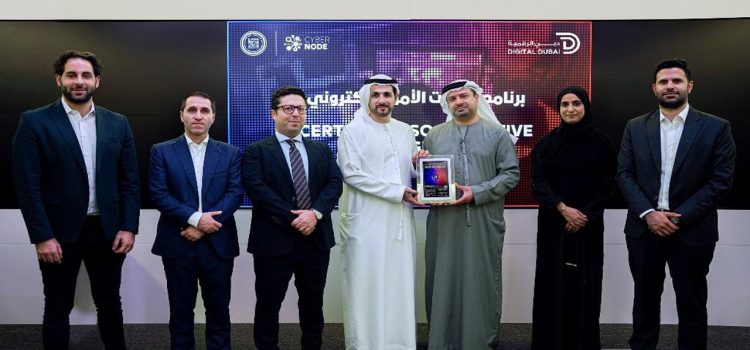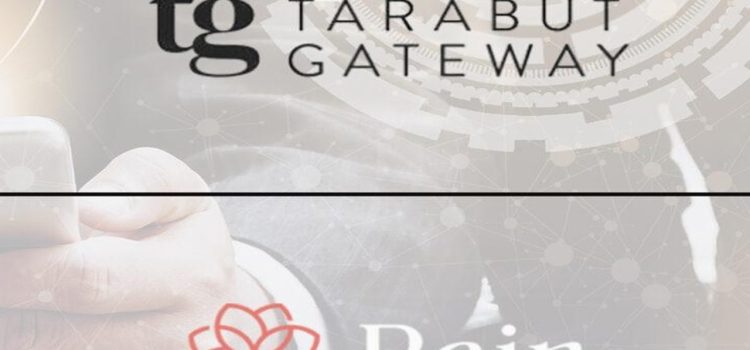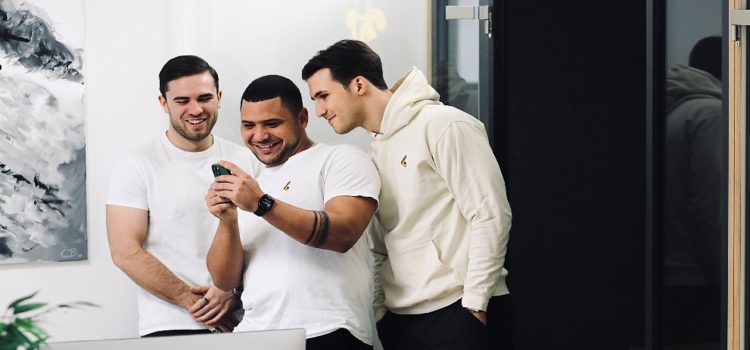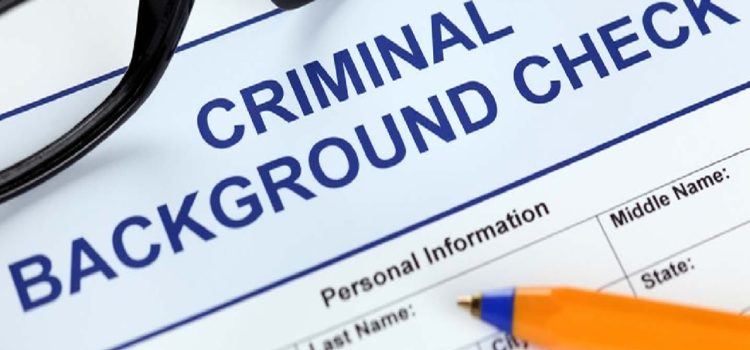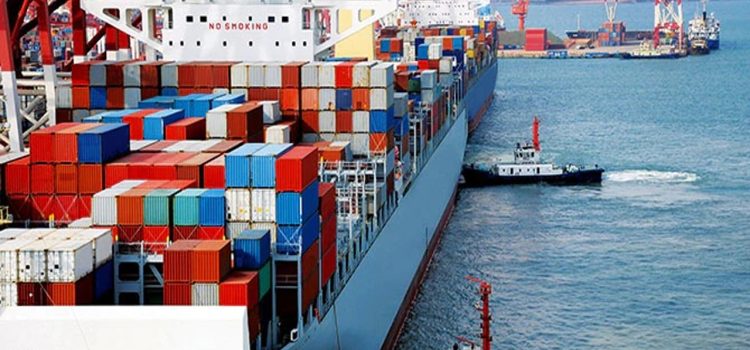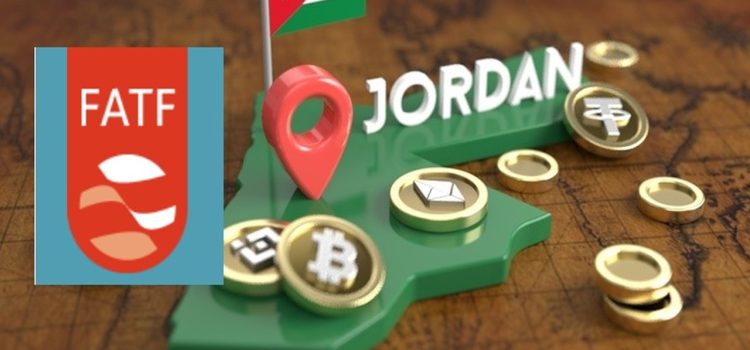
Saudi’s first NFT marketplace platform, Nuqtah has raised a seed round of millions of dollars from Blockchain platform Polygon and Animoca Brands. As per the release the new funding will scale Nuqtah’s business over the next 12 months.
In 2022, Nuqtah had announced it was planning to raise $5 million in upcoming seed rounds.
Licensed by the Saudi Ministry of Communication and Information technology and the Ministry of Investment, Nuqtah aims to to empower its creators, businesses, and users to unlock the new opportunities that the Web3 space offers to the region. Nuqtah allows individuals and businesses to easily build, deploy and monetize NFT collections without having to navigate complicated blockchain infrastructure.
Yat Siu, the executive chairman and co-founder of Animoca Brands, commented: “Our investment into Nuqtah is another meaningful step in our commitment to build up the Web3 industry in MENA as well as develop our own capabilities in the region. Nuqtah is an important pioneer and we anticipate that it will greatly help to boost Web3 and NFT adoption in the Middle East. We will continue to expand our operational presence and collaborate with local strategic partners looking to adopt Web3.”
In February of this year Nuqtah signed an MOU with Saudi telecom group to tokenize photographs fro STC’s Sarha project.
Nuqtah is helmed by Salwa Radwi, an award-winning photographer, artist, and Web3 and blockchain advocate. In 2021 she founded Nuqtah to serve as the first-of-its-kind blockchain technology provider and developer in the MENA region, making her one of the first female founders and CEOs in Saudi Arabia’s NFT landscape. Salwa is joined by co-founders who previously worked at major companies including Careem and Oracle, and whose extensive industry experience has enabled Nuqtah to become a prominent and respected advocate of Web3 in the Kingdom.
Salwa Radwi, founder and CEO of Nuqtah, noted in the release, “Watching Animoca Brands pioneer and enable the Web3 scene since day one has been so inspirational, and so we take great pride in the trust placed in Nuqtah through this investment. We look forward to working together to unlock the massive potential and opportunities in the Middle East.”
Speaking to LaraontheBlock, Salwa Radwi confirmed that the latest seed investment raises millions of dollars. She states, “ This new round of investment will open new lines of opportunities, not only financially but also through animoca and polygons extravagant network.”
Nuqtah had raised close to a million dollars in its pre-seed round from Shorooq Partners, according to Radwi. At that time Nuqtah planned to build on the thriving NFTs space, and utilize the underlying blockchain technology to spearhead innovation in other verticals such as media and entertainment.
Animoca Brands, the creator of sandbox metaverse and other Web3 projects has been very interested in the MENA region. It announced it would be entering Dubai through its metaverse Dubaiverse, and it also signed an MOU with Saudi government at beginning of 2023.









